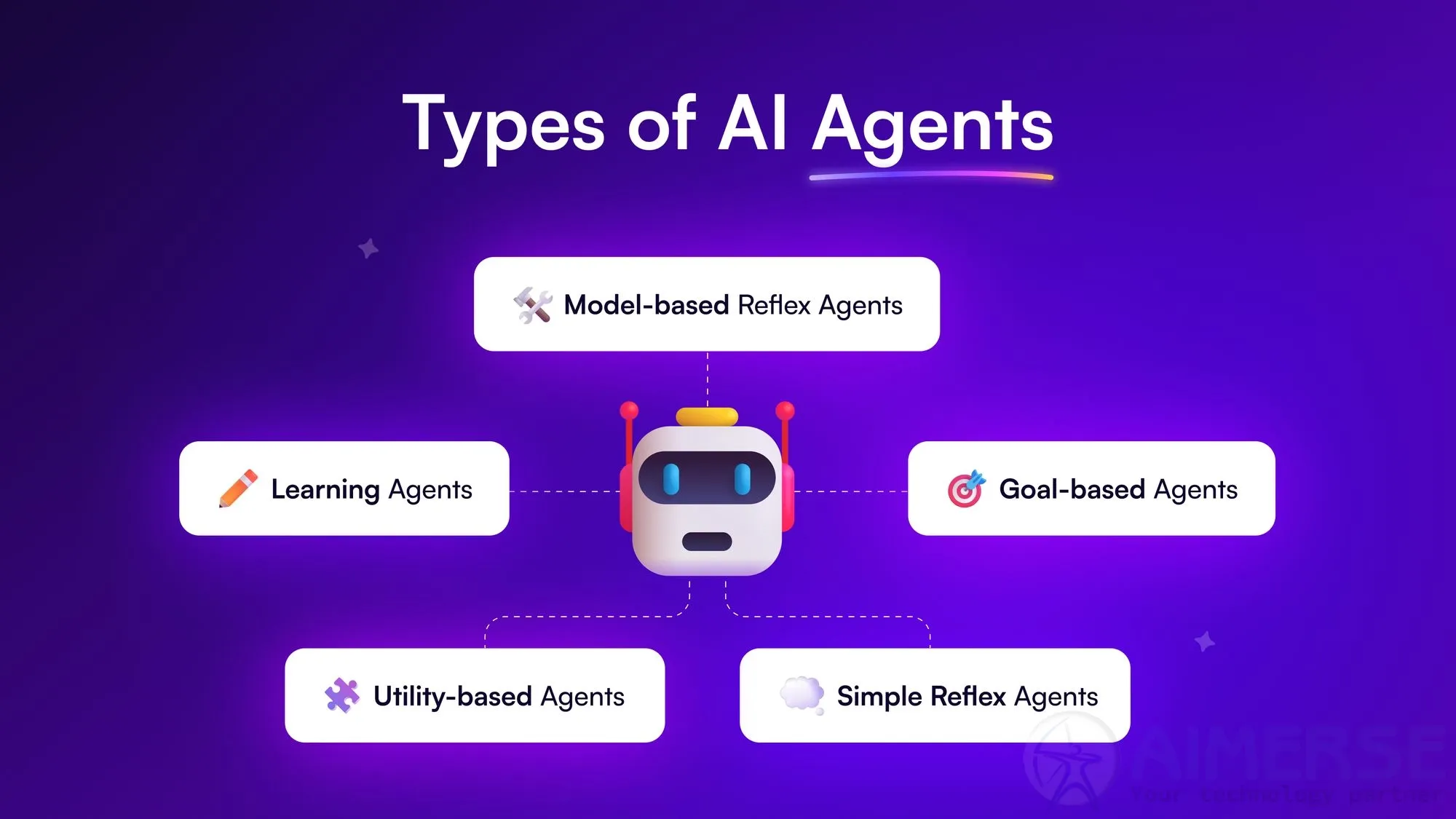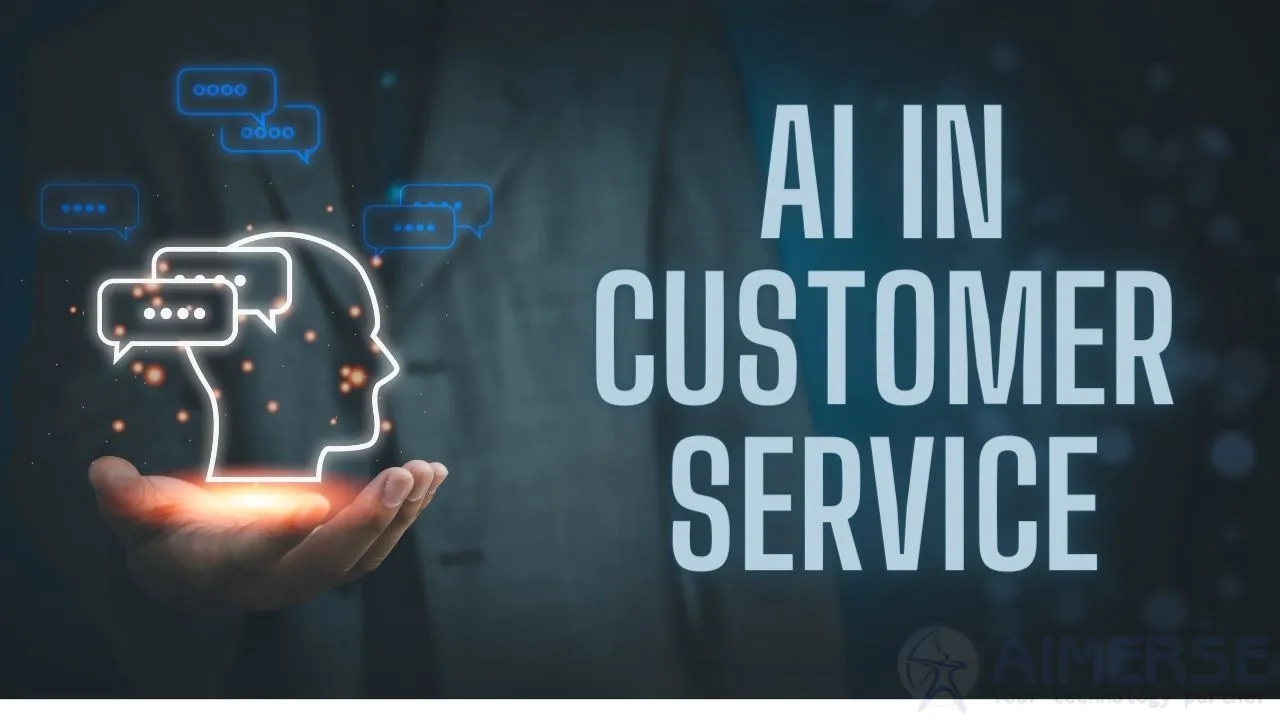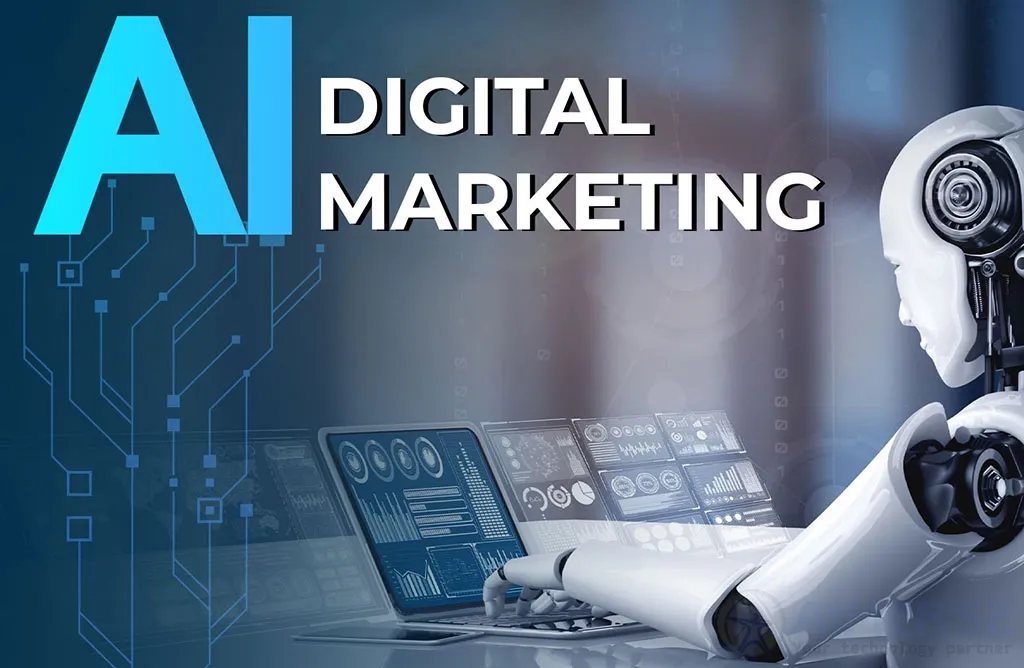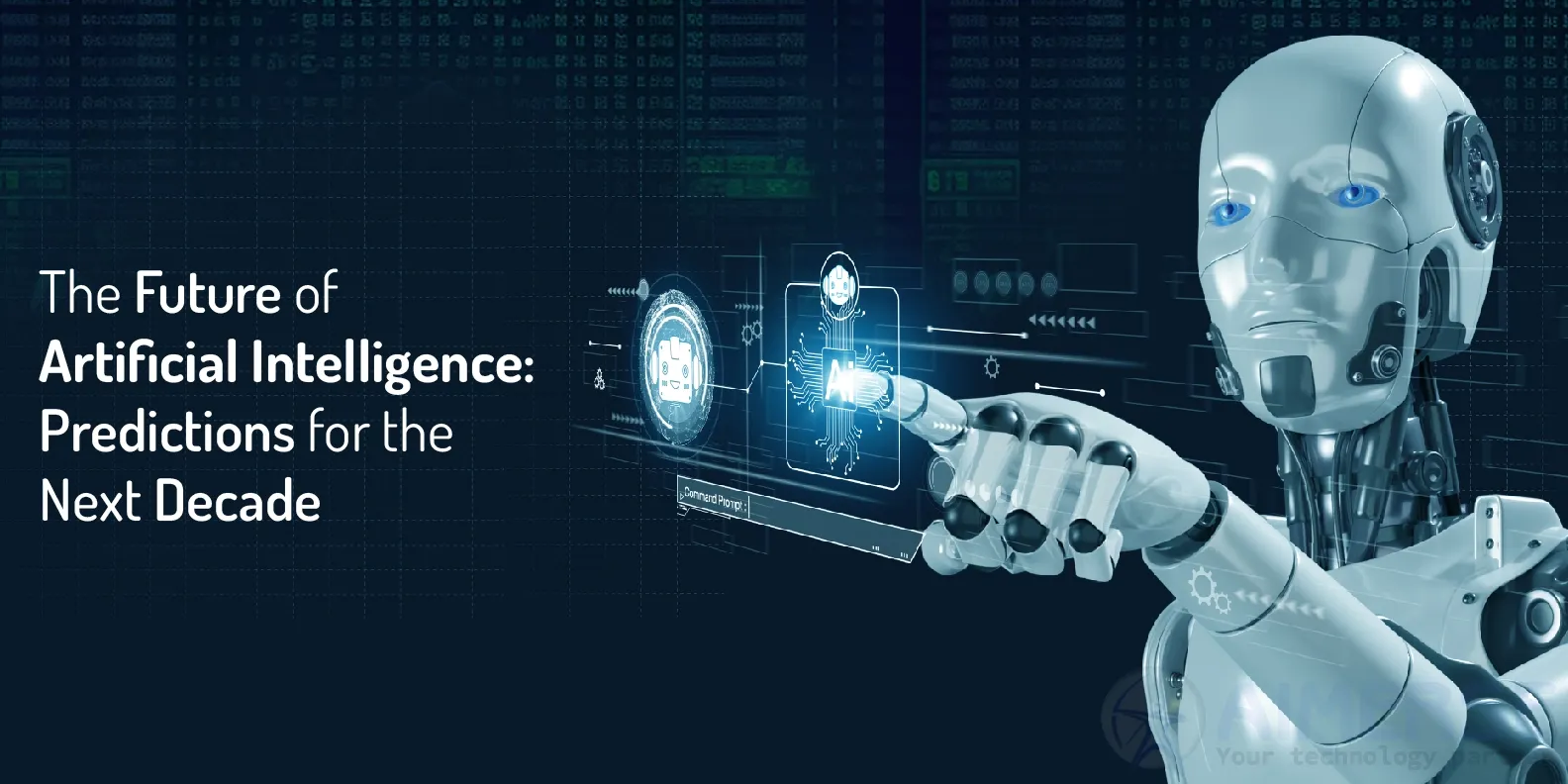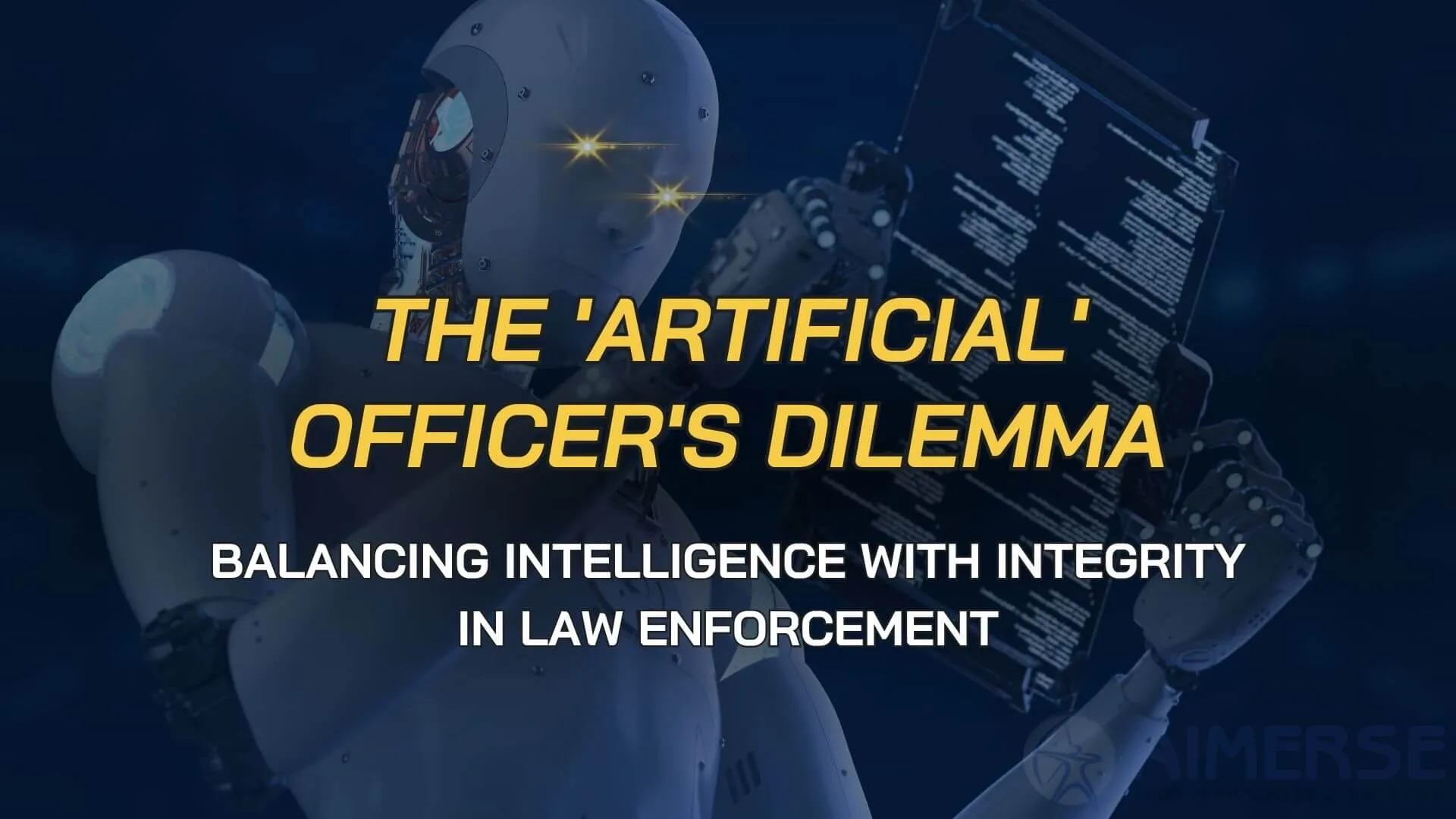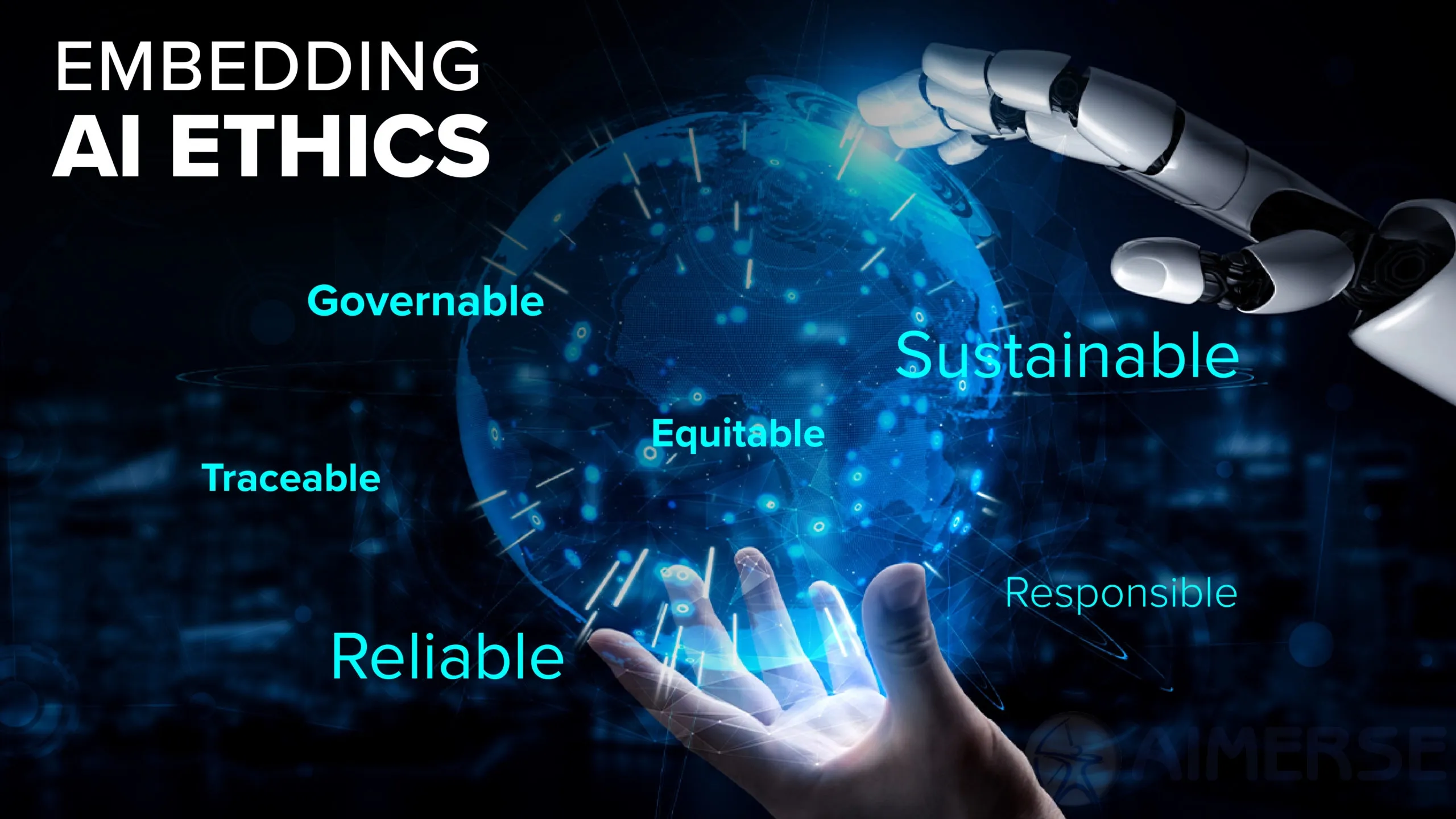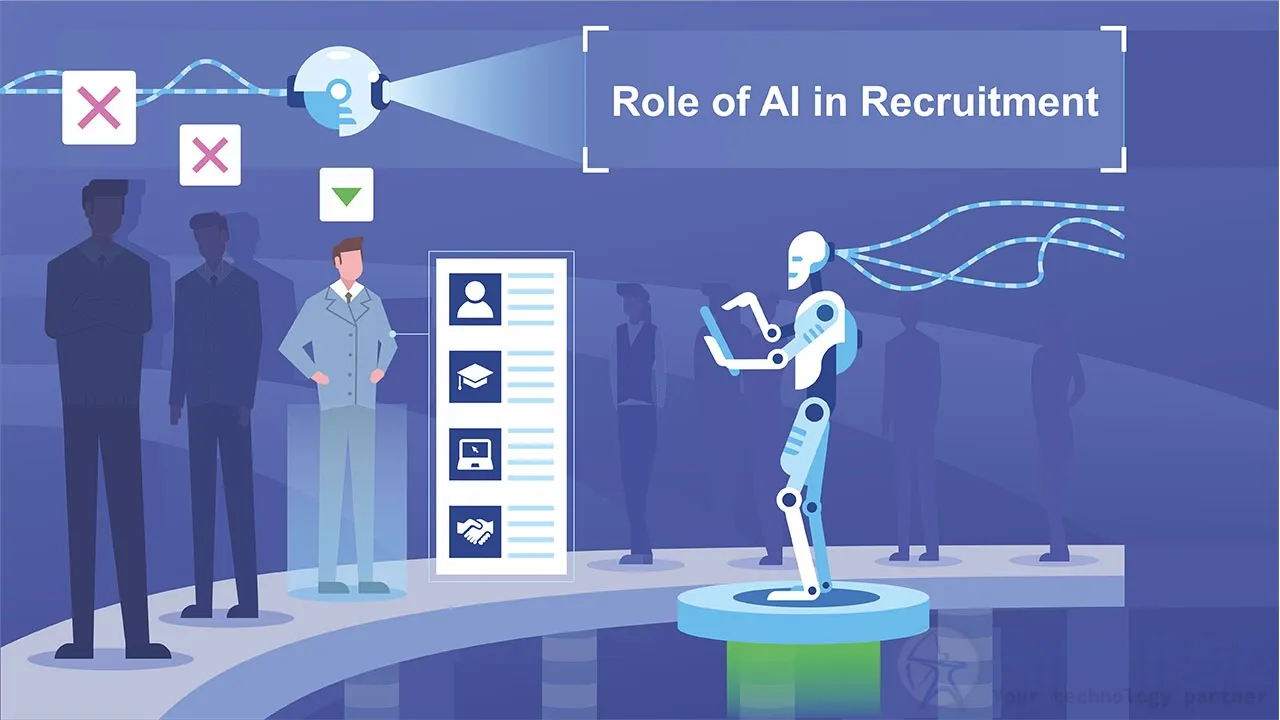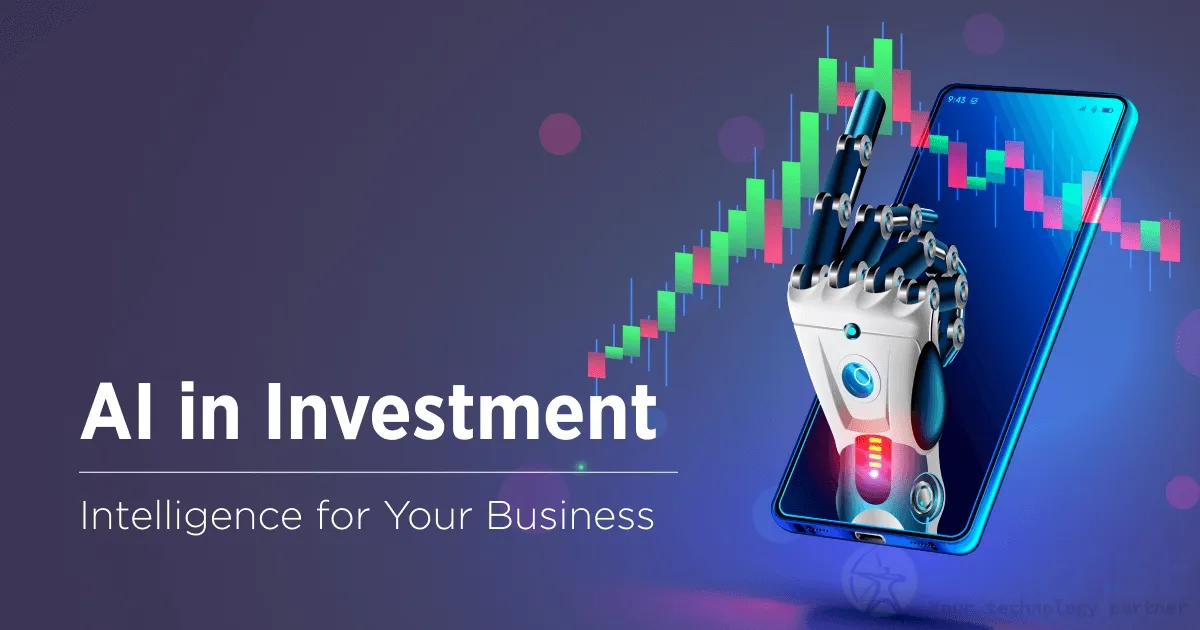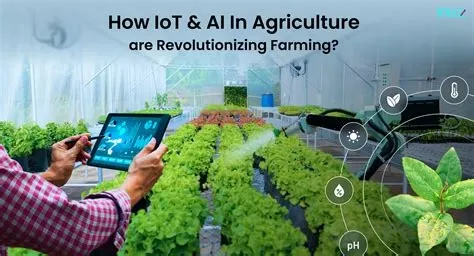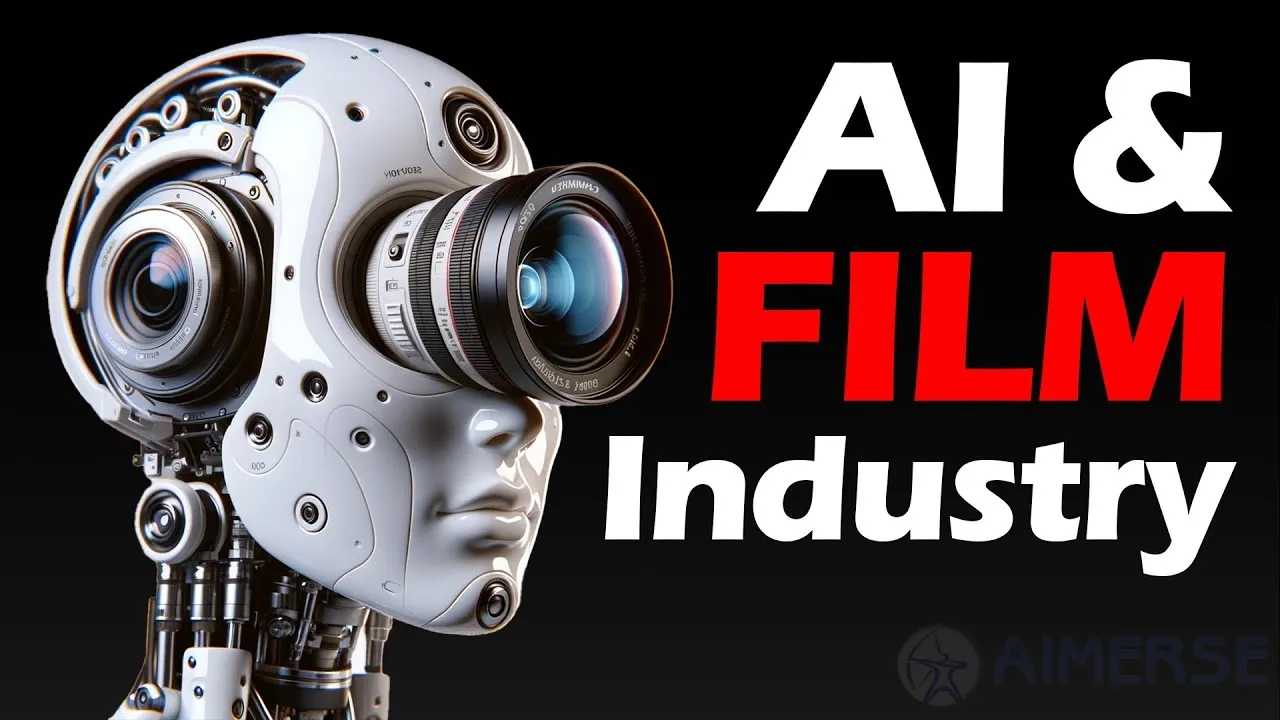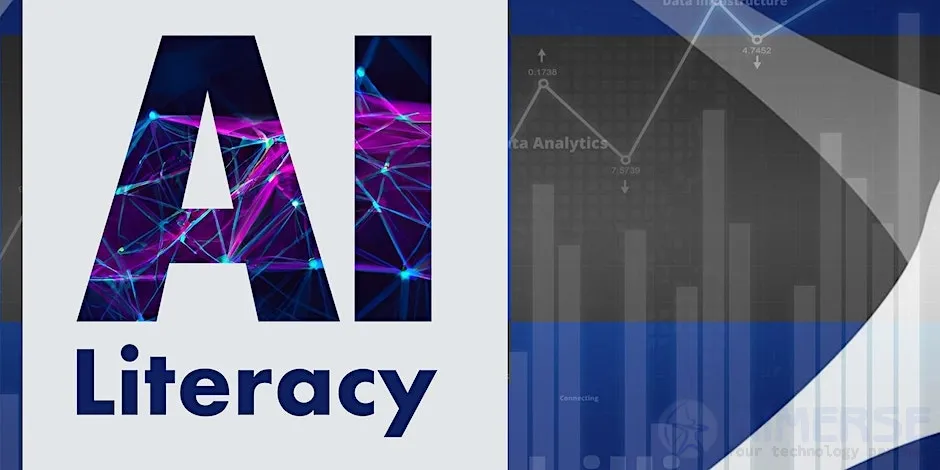AI Agents in Software Development: Transforming Coding Practices
Artificial intelligence (AI) has emerged as a critical component in the advancement of several industries, including software development. The incorporation of AI agents into the software development lifecycle improves efficiency while also altering standard coding processes. These intelligent agents are programmed to complete tasks autonomously, making rational decisions and interacting with their surroundings.
Understanding AI Agents in Software Development
AI agents are independent software programs that use artificial intelligence to complete tasks, make decisions, and interact with their surroundings. These agents can help with software development at different phases, such as:
-
Code Generation: AI agents can produce code snippets or complete modules from high-level descriptions, decreasing the human labor required by engineers.
-
Debugging and Testing: AI agents make software applications more reliable by identifying and correcting faults. They can also be used to automate test processes, thereby ensuring complete coverage and faster iterations.
-
Maintenance and Updates: AI agents can monitor the behavior of software and suggest or execute modifications to improve security or functionality.
Transforming Coding Practices
The adoption of AI agents is changing the face of coding practices.
-
Enhanced Collaboration: AI agents support better collaboration across development teams because they provide instant insights and recommendations, filling knowledge gaps between high and low-level expertise.
-
Accelerated Development Cycles: Automation of repetitive tasks supports developers to stay creative in their problem-solving ability, thus cutting down the cycles of development.
-
Improved Code Quality: AI code reviews and code standard enforcement contribute to the enhanced quality and coherence of codebases.
-
Challenges and Considerations
Although the advantages are significant, incorporating AI agents into software development has its challenges:
-
Learning Curve: Teams must adapt to new tools and workflows, which might require training and time.
-
Dependence on Data Quality: The effectiveness of AI agents is highly dependent on the quality of data they are trained on. Poor data can lead to suboptimal performance.
-
Ethical and Job Implications: Task automation raises fear of job redundancy and ethical deliberations in choices made.
The Future of AI in Software Development
Positive improvement would be expected in the further use of AI in software development. As AI technologies advance, they could potentially have the ability to develop more complex agents that can deal with tough tasks and finally fully autonomous development processes for software. To make this progression adequately utilize AI in software development, there will be a need to learn continuously and reassess actual practices in the field. Rather than a fad, introducing AI agents into software development is the paradigm shift changing how software is thought about, created, and maintained. They will eventually continue to lead the technological innovation train and increase efficiency through smart organizational adoption.
Aimerse has created opportunities for companies to take their software development workflow to a higher level. When used with technologies such as React.js, Node.js, Python Django, Laravel, and Java Spring Boot, they can help one make processes easy to optimize for efficiency. By utilizing contemporary innovations without sacrificing quality or speed, this strategic integration enables businesses to remain flexible and competitive in a constantly changing technology environment.
